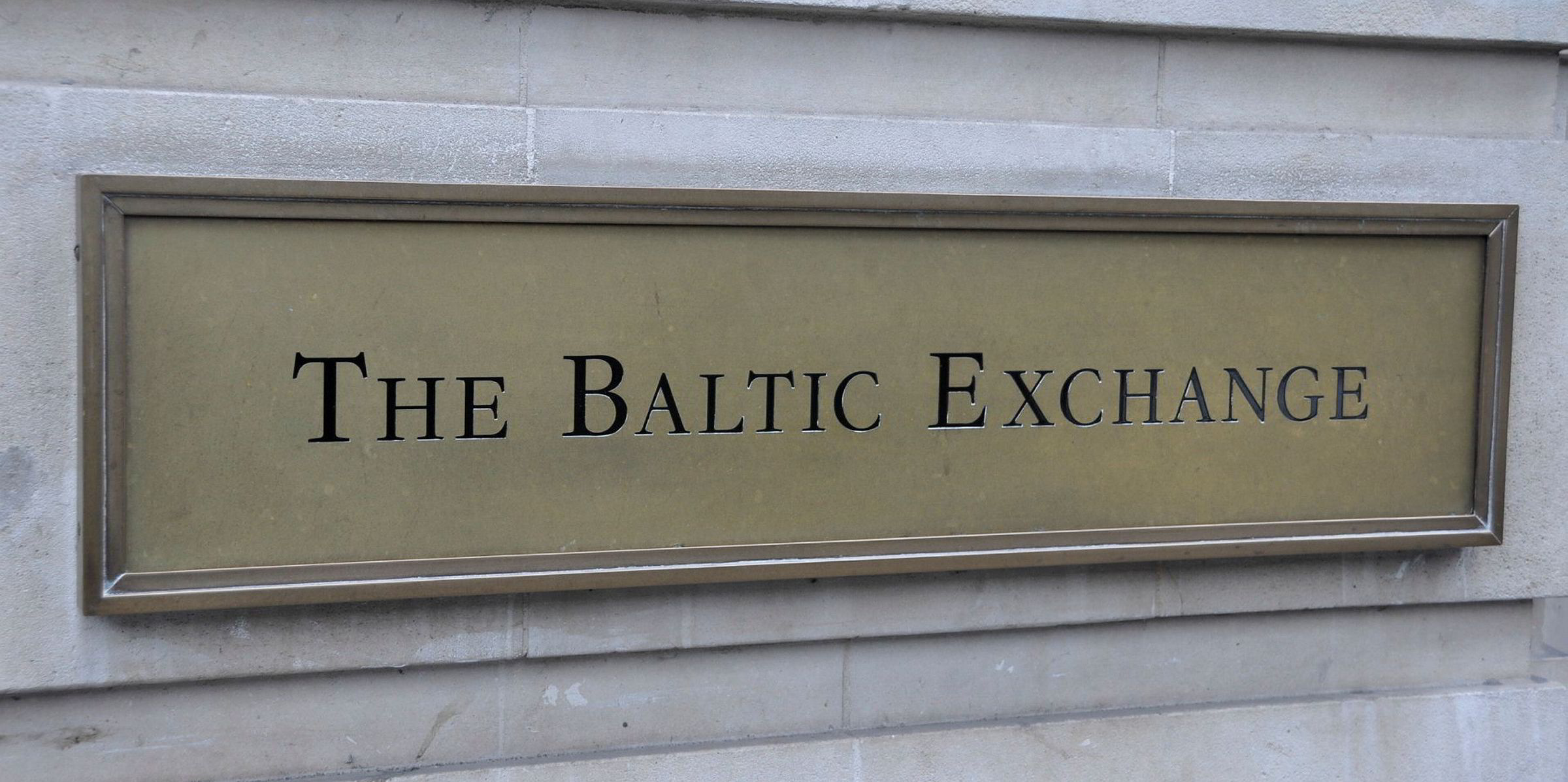Donald Trump's latest tariff hike stands to create the greatest risk for containerships since most Chinese goods head to the US, analysts say.
The Trump administration on Friday raised a 10% tariff on $200bn in Chinese imports to 25%, bringing $250bn of goods — half of those coming to the US — under the higher tax.
Dry bulk and container shipping stocks remained mostly stable last week, but boxships sector may be most vulnerable to the US' latest move against the major economy, Morgan Stanley's Fotis Giannakoulis says.
"Protectionism and tariffs can be major demand destructors for shipping with consumer driven containerized trade and container shipping being the most vulnerable among all subsectors, especially since the US is the key destination for Chinese products," the analyst wrote today in a note to clients.
"The risks for container liner operators are even greater as they have to face a increase in costs next from the IMO 2020."
Boxship rates have responded differently throughout the world as the Shanghai Containerized Freight Index dropped 2.7% week-over-weekto 765.9 but European and Mediterannean routes gained 7.1% thanks to higher cargo volumes.
Less impact on dry bulk
Giannakoulis said the re-escalated US-China trade war has had less impact on dry bulk shipping because the tariffs mostly focus on soybeans.
In fact, it may have a positive effect on this particular sector, because China has already lessened first-quarter imports of US soybeans by 84%, looking instead to Brazil and Argentina for that staple, he said.
"The risks for dry bulk shipping are mainly on the impact of the trade tension on the Chinese economy and the impact on overall dry bulk commodity demand," he wrote.
Dry bulk rates stayed low last week but still gained for the sixth straight week. The Baltic Dry Index was up 11% at 1,013, while capesize rates gained 4% weeik-over-week to $11,600 per day.
"With ongoing US-China trade tensions, coupled with Vale's production uncertainty, we expect dry bulk equities to remain volatile in the near-term, but a strong rebound in rates during the second half of 2019 should boost share prices in the coming quarters," Jefferies analyst Randy Giveans wrote in a clients' note.
"Although we expect further rate weakness in the second quarter of 2019, we believe the dry bulk shipping market will improve later this year as even minimal demand growth should outpace very low supply growth."
Iron-ore and coal imports may be at risk as well because China has turned more so to domestic production as its steel industry faces downsizing, Giannakoulis said.
Tankers and gas carriers are less impacted because China can easily get supply from the Middle East, West Africa and Australia, and the US can send volume to other Asian buyers, he said.
China retaliates
China is retaliating against the latest Trump tariff hike, announcing today it will raise tariffs on numerous US imported goods.
The Chinese government plans to hike tariffs on $60bn worth of products headed to the US in response to US'latest tariff move, the New York Times reports.
Tariffs on both sides will not take effect for a few weeks and until goods reach each country's shores in order to leave room open for further negotiations.
This story has been updated to include China's retaliatory move.





